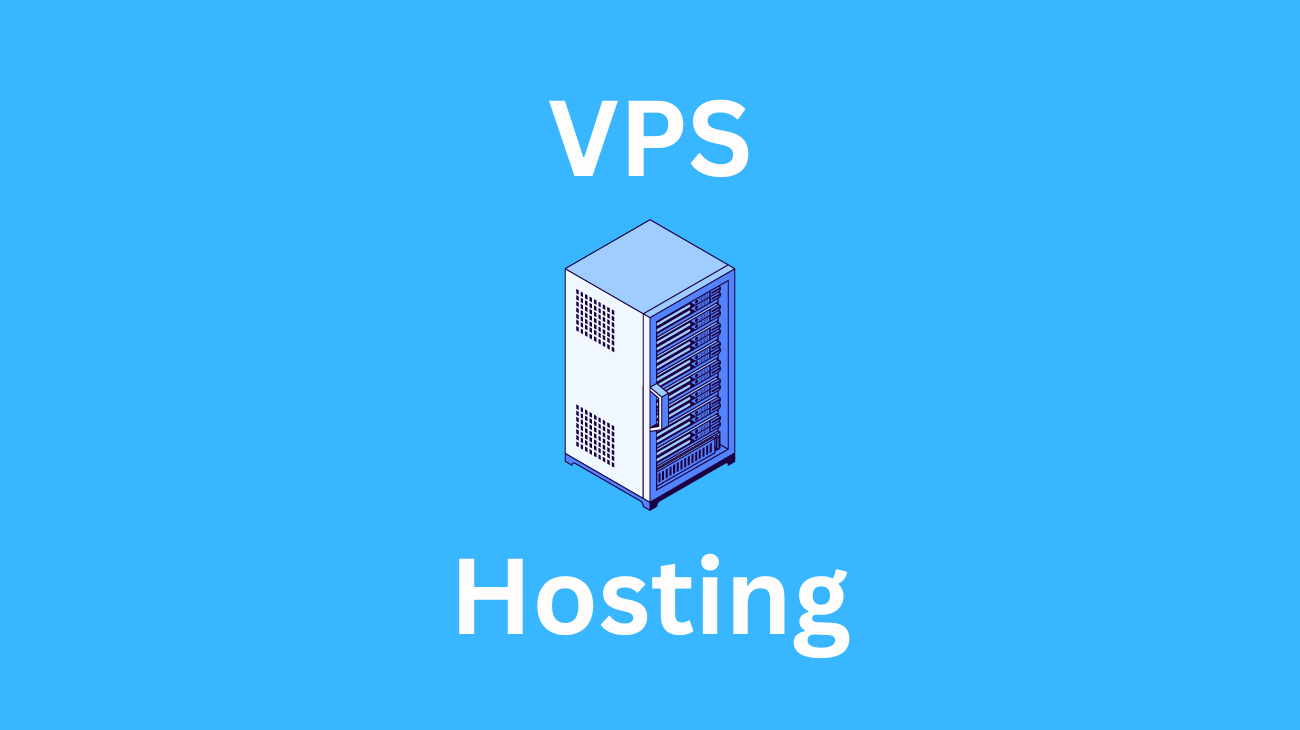In the world of web hosting, Virtual Private Server (VPS) hosting stands out as a versatile and efficient solution that bridges the gap between shared hosting and dedicated servers. Whether you’re a small business owner, an aspiring blogger, or a tech enthusiast, understanding the benefits and nuances of VPS hosting can help you make an informed decision for your online presence. In this comprehensive guide, we’ll delve into the world of VPS hosting, exploring its features, advantages, and considerations.

ALSO READ: Demystifying Shared Hosting: Cost-Effective Web Hosting for Beginners
What is VPS Hosting?
VPS hosting is a type of web hosting that utilizes virtualization technology to create isolated virtual servers within a single physical server. Each virtual server functions independently, as if it were a dedicated server, allowing users to have more control, customization, and resources compared to shared hosting.
The Advantages of VPS Hosting
- Enhanced Performance: VPS hosting provides dedicated resources, including CPU, RAM, and storage, which translates to better website performance and faster loading times. This is especially crucial for websites with high traffic or resource-intensive applications.
- Scalability: VPS hosting offers scalability that lets you easily upgrade or downgrade your resources based on your website’s needs. This flexibility ensures that you’re never paying for more resources than required.
- Root Access: Unlike shared hosting, VPS hosting grants you root access to your virtual server. This means you have complete control over the server environment, allowing you to install software, customize settings, and even modify the operating system.
- Improved Security: With VPS hosting, your website operates within its own isolated environment, reducing the risk of security breaches from neighboring websites. You can also implement your own security measures to safeguard your data.
- Customization: VPS hosting allows you to tailor your server environment to match your specific requirements. You can select the operating system, choose software installations, and configure settings according to your needs.
- Cost-Effectiveness: While dedicated servers offer similar benefits, VPS hosting is more cost-effective, making it an ideal choice for businesses and individuals looking for a balance between performance and budget.
Considerations before Choosing VPS Hosting
- Technical Expertise: Managing a VPS requires a certain level of technical knowledge. While it provides more control, you should be comfortable with tasks like server setup, maintenance, and troubleshooting.
- Resource Needs: Assess your website’s resource requirements accurately. Opt for a hosting plan that offers room for growth while avoiding overpaying for resources you won’t use.
- Managed vs. Unmanaged: VPS hosting comes in two flavors: managed and unmanaged. Managed VPS is suitable for those who want the hosting provider to handle technical aspects, while unmanaged VPS requires more hands-on management.
- Uptime and Reliability: Research the hosting provider’s uptime guarantees and reputation for reliability. Downtime can adversely affect your website’s performance and user experience.
- Customer Support: Opt for a hosting provider known for responsive and knowledgeable customer support. This can be crucial in case of technical issues or server emergencies.
Setting Up and Managing Your VPS
- Choosing a Hosting Provider: Research and compare different VPS hosting providers. Look for reputable companies with a track record of good performance, customer support, and security.
- Selecting a Plan: Determine the resources you need based on your website’s demands. Consider factors like CPU cores, RAM, storage, and bandwidth.
- Operating System and Software: Choose an operating system (OS) that suits your website’s requirements. Linux distributions like CentOS, Ubuntu, and Debian are popular choices. Additionally, install necessary software and configure security settings.
- Monitoring and Maintenance: Regularly monitor your VPS for performance and security. Perform updates, backups, and security patches as needed. This helps in preventing potential vulnerabilities and ensuring smooth operation.
Conclusion
Virtual Private Server (VPS) hosting offers a powerful middle ground between shared hosting and dedicated servers. Its performance, customization options, and scalability make it an excellent choice for businesses and individuals looking to optimize their online presence. By considering your technical expertise, resource needs, and support requirements, you can harness the potential of VPS hosting to create a reliable and high-performing website that caters to your audience’s needs. Choose wisely, and enjoy the benefits of a hosting solution tailored to your unique requirements.





One Comment on “Unveiling the Power of VPS Hosting: Your Ultimate Guide”